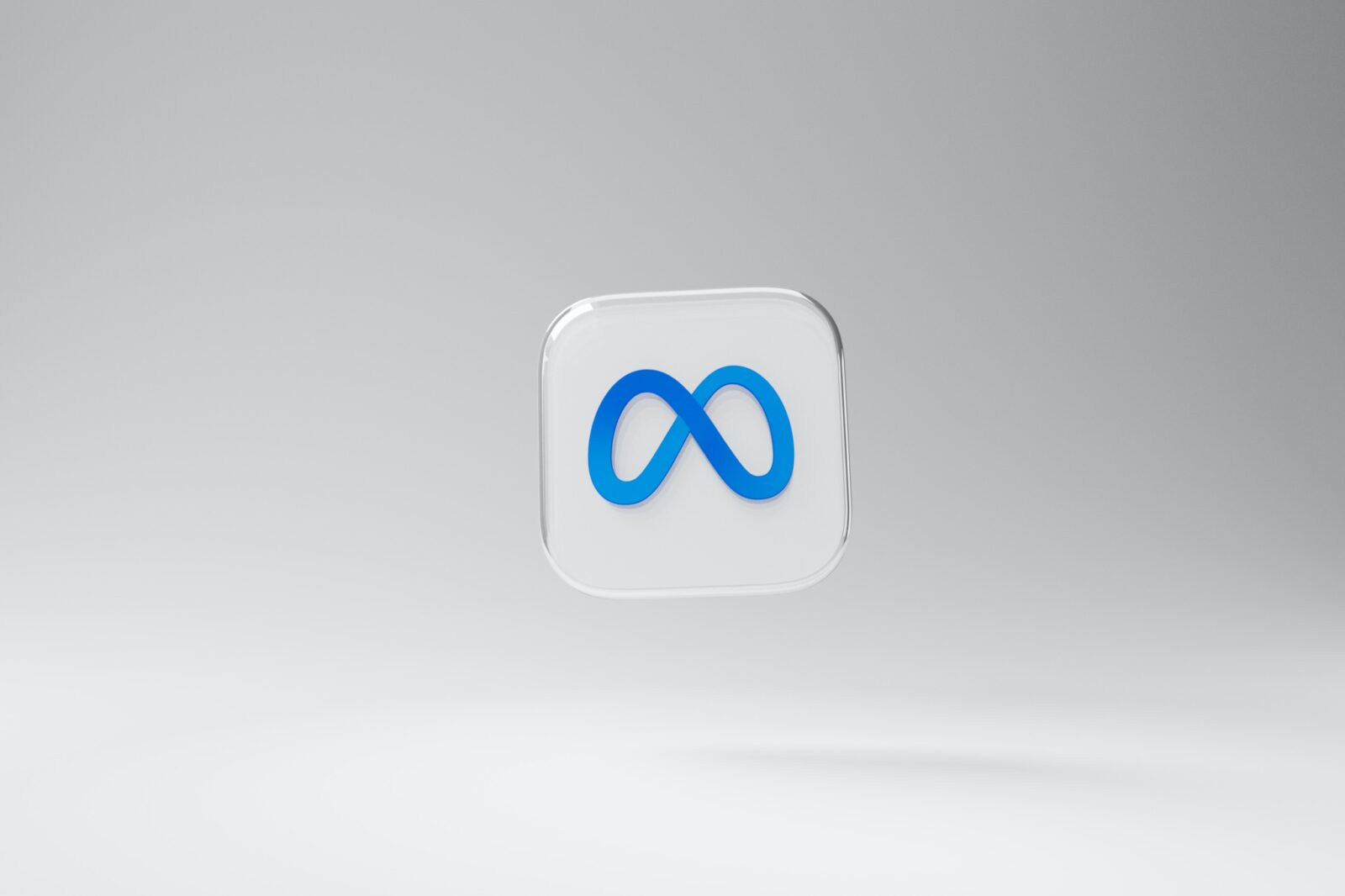
Meta has launched BlenderBot 3, a demo version of its latest AI chatbot
On Friday, Meta will test whether a new version of the Blenderbot AI chatbot can handle the challenges of a real-world communication environment. On this day, the demo version of Blenderbot 3 with 175 billion parameters will go to conquer the spaces of public access.
Meta has been working on the project since it first introduced the BlenderBot 1 chat app in 2020. Initially no more than an open-source NLP experiment, by the next year BlenderBot 2 had learned to remember information from previous conversations and search the Internet for additional data on a topic. BlenderBot 3 is able to evaluate not only the data from the conversation or the Internet, but also the people with whom it communicates. But AI will not be able to patent its inventions in the USA.

When the user registers an unsatisfactory response of the system (about 0.16 percent of them are registered during the training process), Meta processes the user’s signal and enters it into the model to avoid repeating the error. The system also uses the Director algorithm, which first generates an answer using training data and then passes the answer through a classifier to see if it fits a user-defined scale of correct and incorrect answers.
‘In order to generate a sentence, the language modeling and classifier engines must agree,’ the team wrote. ‘Using data about good and bad responses, we can train a classifier to block low-quality, toxic, conflicting, repetitive, or useless statements.’ The system also uses a separate user comparison algorithm to detect unreliable or malicious responses from the interlocutor, teaching the system not to trust what that person is saying.
BB3 is expected to speak more naturally than its predecessor, thanks in part to a significantly upgraded OPT-175B speech model that is nearly 60 times larger than BB2’s model. ‘We found that compared to BlenderBot 2, the third version provides a 31% improvement in the overall rating of speaking tasks,’ the team said. BlenderBot 3 is expected to provide answers that are 47% more accurate, 82% more relevant, and 76% more specific.

The main problem in training AI chatbots is information sources. First, bots are trained in a carefully selected environment to avoid unwanted behavior as much as possible. At the training stage, restrictions are imposed on possible topics. A chatbot released on the unlimited Internet is less predictable in its development — it can touch on unwanted topics when communicating with people.
In addition to the quality of work of the intelligent chatbot, Meta could improve the quality of moderation of the Ukrainian segment of Facebook. The Ministry of Digital Transformation addressed the company with such a request.

